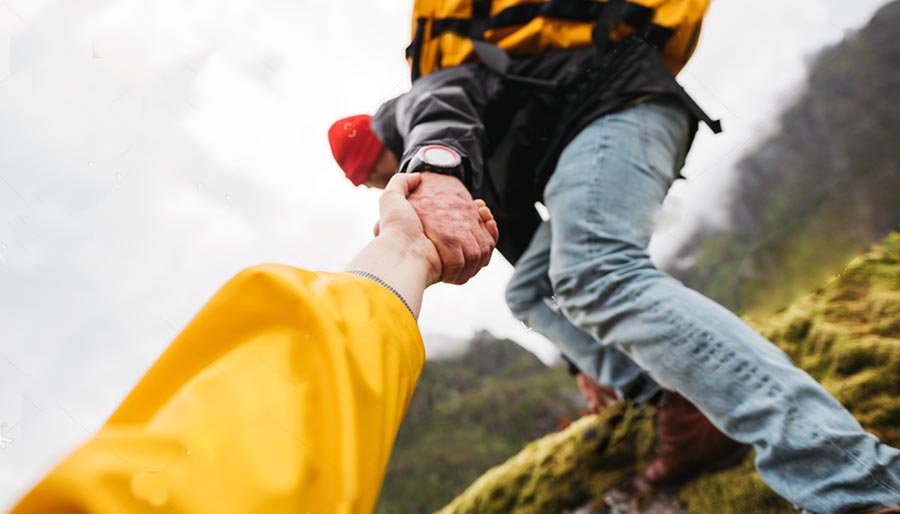Tipping Guide in Nepal
The tipping Guide in Nepal is crucial information for tourists visiting Nepal on vacation. Gratitude, often known as tips, is a means to demonstrate your appreciation to someone for his or her services. Tipping expresses your satisfaction with the service delivered. However, it is difficult to know how much to tip tour adventure guides and high-altitude porters. There are various things to consider, including the trip’s budget, travel days, and the number of team members. Although tipping is not required, guides and trekking porters are customarily on the lookout for some at the last rendezvous. Tipping is always a matter of personal preferences. Regardless, you should only leave a tip if you feel the personnel did a professional job.
Trekking Guide and Porters
Trekking guides and porters are none other than the supporters, assistants, carriers, and guards on your excursions across isolated places. The guides are mountain heroes, especially when you go on adventure trips mountain climbing. They can make or break your trekking adventures in Nepal, even if you have journeyed all the way there. They have extremely difficult and demanding jobs. The salary paid to the guide is sometimes insufficient to allow them to enjoy their work. In this situation, tipping is a great motivation for the guide to save the amount for the off-seasons.
As per the general practice, you tip the group leader to be dispersed in the team. He/She is accountable to divide it equally among the team members. The head guide should receive a relatively big amount than porters and others lower in rank.
Comparatively, the Everest Base Camp trekking trail is more expensive than other trekking destinations. The meals and services are a bit costly on the trial. Especially, as you climb high the menu price goes up. The supporting staff has to spend a larger chip of their salary on lodging and flooding. So, the general rule for tipping your guide and porter in the Everest region is a bit different. Either you tip a cost of one day for a week spent on the trek or 15 percent of the total cost.
Tipping Guide in Nepal – Things to avoid
- Avoid showing off your generosity, put your gift into an envelope
- Do not Tip in front of other people, do it quickly so that others don’t notice it
- Don’t give old and used items at tipping, because some guides may take it as an offense
- Don’t offer a small amount like NRS5 to NRS20,
- No need to wait for a favorable timing, tip whenever you are around the guide at the final hour of the trip
Show your gratitude on the last evening of your trip to tip the guide and porters. Otherwise, you may miss it the next morning. It is because sometimes the staff completes their service by the end of the trek. Since tipping is neither compulsory nor fixed, it depends not on the travelers’ choice. Many of the trekkers add some gifts on top of the monetary tips. The gifts include gear, sleeping bags, etc., if you are impressed with the service of the guide, you can add some gifts with monetary tips.
If you get an opportunity to dine with a local family, you should bring a small token of a present. Choose the gift thoughtfully. Ask Nepali people for a gift idea because something you carry might be considered unlucky.
The Gift of Gears
Most of the trekkers visit Nepal for an adventure trek. They purchase trekking gear, and clothing in the local market to limit their luggage weight. After completing the trip, they might think to contribute it to their guides and porters. Ask your guide if she/he finds somebody to make use of the gears instead of directly offering her/him. If he/she accepts take no time to hand over the items. This will save you from causing anyone embarrassment over accepting the used items.
Final Thought
Tipping is often expected especially in the tourism service in Nepal. The restaurants and hotels add up a 10% service charge on top of the final bill which is a form of tipping. Whereas the field staff and trekking workers do not get any share of the service charge for their job. Tipping your trekking and supporting staff is a kind of motivation. It is also a form of appraisal that supports them in their living. Being a seasonal workforce, the high-altitude porters and guides do not have a job around the year. They can save a portion of the tips for no work time.

